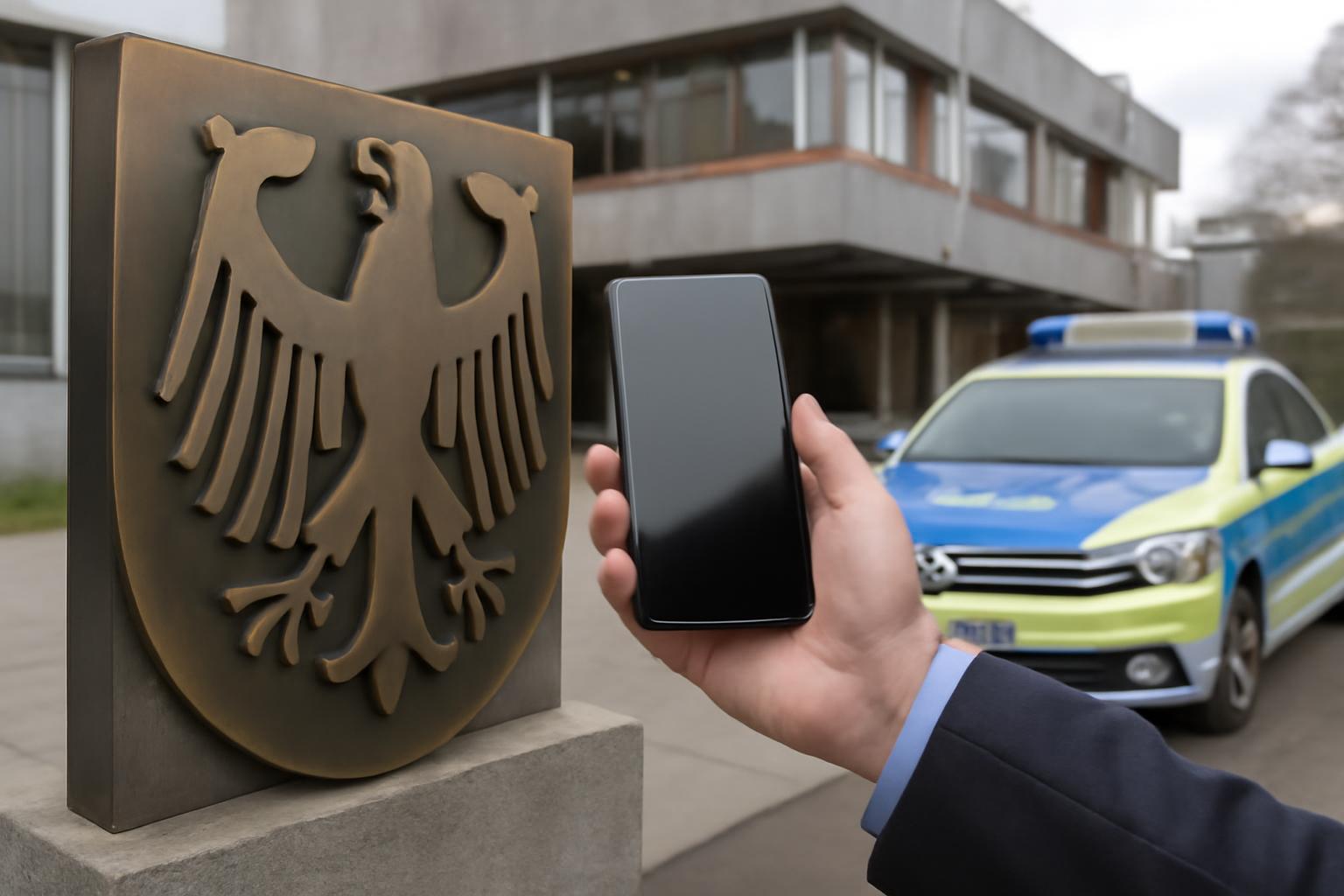Germany’s highest court has decided that so-called “state trojans”—the surveillance software used to secretly access people’s phones and computers—may only be deployed in cases of truly serious crime, not for lesser offenses. Although the court agreed that such technologies are, in principle, constitutional, it drew a line: secret state intrusion into our most private digital spaces is only justified when society faces its gravest threats—terrorism, murder, severe criminal conspiracies—not for lesser offenses such as hate speech or supporting criminal groups. While privacy advocates lauded the decision, prosecutors have objected that this might tie their hands, especially as encryption becomes widespread and criminals go digital. Police unions, meanwhile, argue that the measure still allows essential tools for keeping the public safe.
Let me say, first, that this is a most welcome ruling, but far from perfection! For what is at stake here is nothing less than the integrity of the free society, the dignity of the individual, and the proper limits of state power. When the state arrogates to itself the right to lurk unseen in the digital intimacy of its citizens, it threatens the very principle that the individual is the true subject—but never the object—of law. The argument that “public security” demands ever more intrusive powers is precisely the slippery path down which even the best-intentioned societies have slid toward servitude. Today it is “serious crime.” Tomorrow? The threshold is lowered as expediency dictates, and suddenly any offense becomes an excuse for surveillance.
Let us not forget how hard-won these boundaries between the citizen and the state are. For the rule of law to mean anything, it cannot simply rubber-stamp the technological wishes of law enforcement “because criminals use encryption.” In a free society, the burden must always lie with the state to justify its encroachments. To construct a society where the authorities, by virtue of suspicion alone, may peer into every letter, photo, or encrypted message is to presume guilt and breed fear. It is to treat the citizen not as an autonomous agent but as a subject to be watched and managed.
Some will say, “But the modern world is dangerous!” Yet it has ever been so; and it is precisely in dangerous times that the respect for liberty shows its worth. The boundaries after all were not drawn for the sunny days of order, but for the storms of disorder when anxiety swells the state’s appetite for power. I fear that technical “errors” in the wording of surveillance statutes are far more easily repaired than the damage done to public freedom should these tools be abused, as they so often are when the imperative of control trumps restraint.
States thrive on the gradual extension of exceptional measures into the realm of the ordinary. I urge every reader to remember: to trade privacy for security without limit is not merely a legal error—it is the slow undoing of the free civilization we have built. The right to privacy is not just for the innocent, but for the very concept of innocence itself. Let the court’s line be but the first of many bulwarks against the encroaching logic of surveillance; let us defend, with passion and reason, the boundaries that alone make human dignity real and freedom possible.
